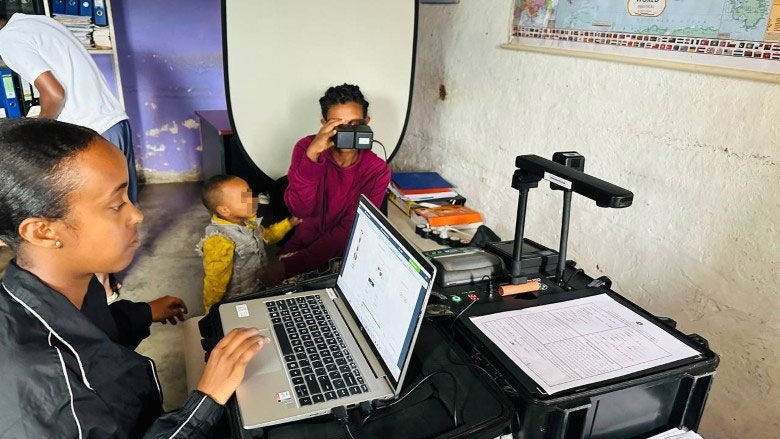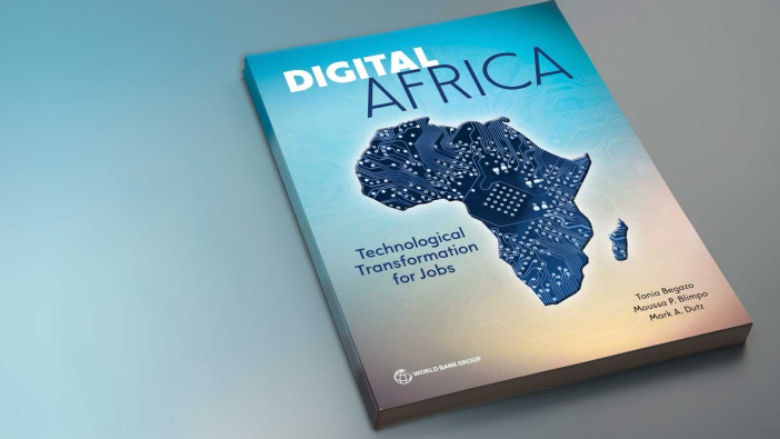Digitalization presents immense opportunities for development in Eastern and Southern Africa, including job creation, poverty reduction, and improved service delivery, but current levels of internet availability and access are insufficient and uneven. The region currently has the slowest pace of digitalization globally, with only 64 percent of the population covered by high-speed internet, and just 24 percent of the population using the internet as of 2023.
Countries across the region are facing similar challenges to digitalization including limited internet coverage, especially in rural areas, inadequate data infrastructure, low usage due to high cost of data and devices, and risks related to cybersecurity and data protection. To realize the benefits of digitalization, countries need to strengthen digital infrastructure, promote regulatory harmonization, enhance digital skills, and address disparities in access to digital services.








